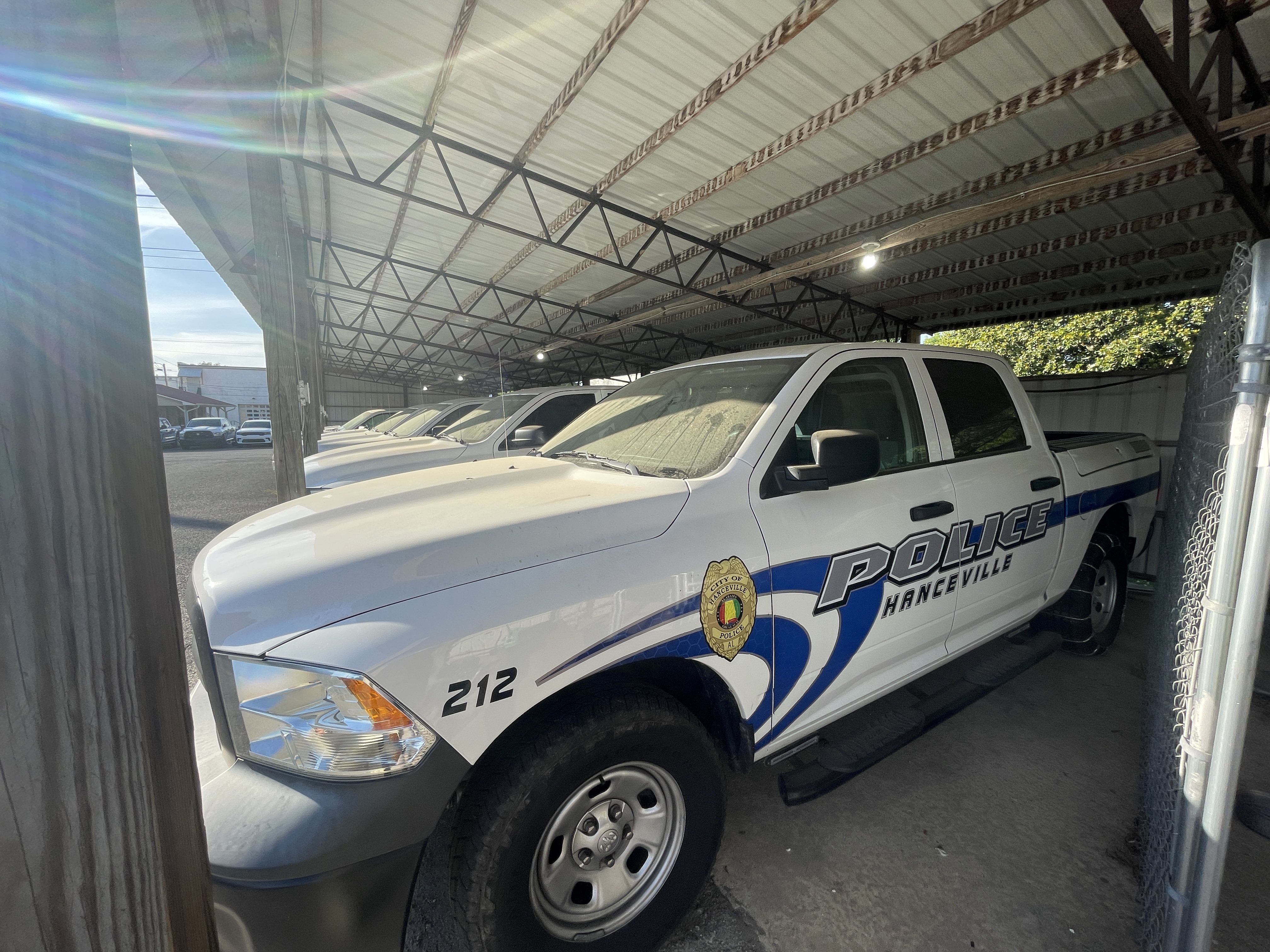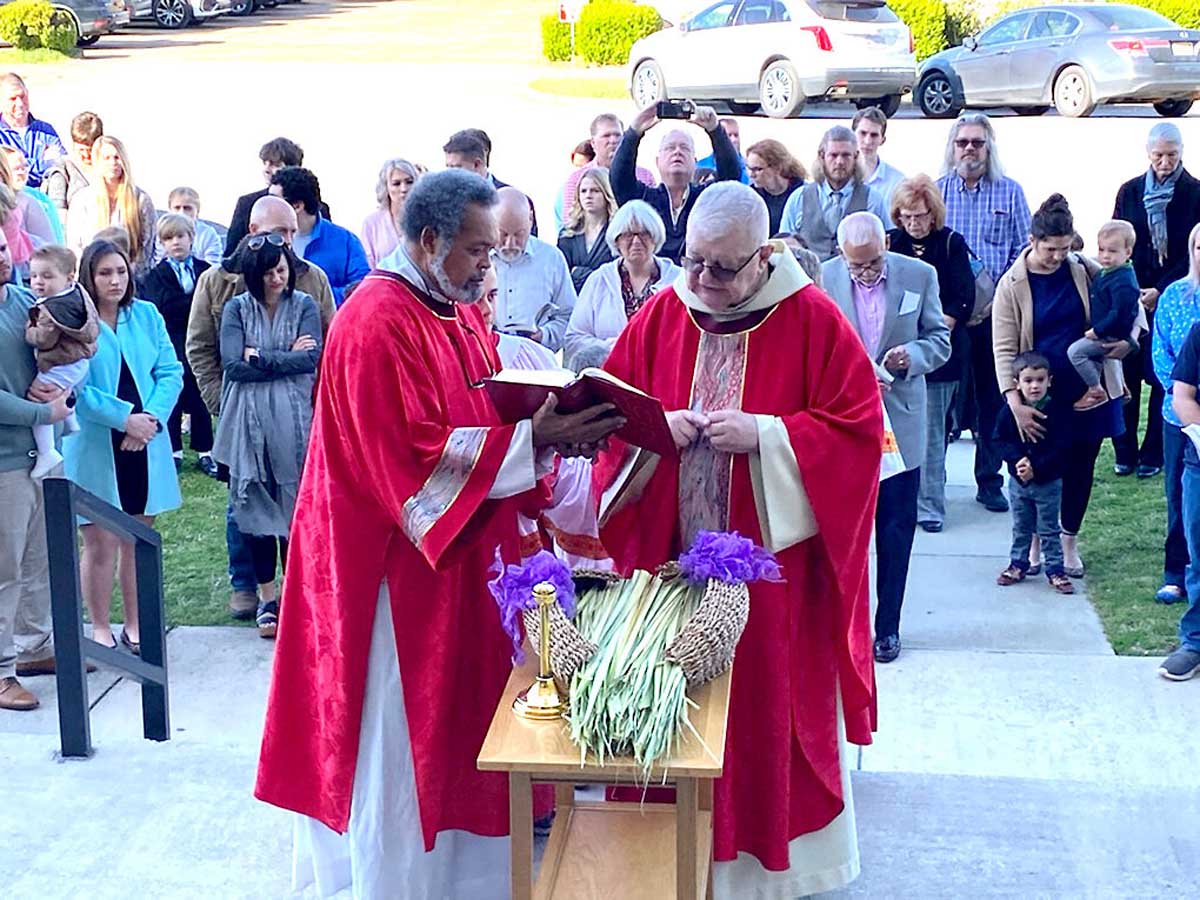Rabbi recalls childhood at Bergen-Belsen, playing hide and seek around bodies of fellow Jews
Published 9:46 am Wednesday, May 4, 2016

- Rabbi Joseph Polak reads from his book “After the Holocaust the Bells Still Ring” during Monday’s Yom HaShoah Holocaust remembrance ceremony in Peabody, Massachusetts.
PEABODY, Mass. — Rabbi Joseph Polak remembers as a young child at Bergen-Belsen, a Nazi concentration camp, playing hide and seek around dead bodies of fellow Jews who died there.
It was the mid-1940s and Nazi Germany had emptied many of its camps through a series of death marches, packing around 40,000 Jews into Bergen-Belsen, which was designed to only hold 8,500 people.
Many died of typhus before the end of the war, Polak’s father included, contributing to the roughly 6 million Jewish people that died throughout Europe during World War II.
Polak and his mother survived.
As the keynote speaker at Yom HaShoah, a yearly Holocaust remembrance event organized by the Salem State University Center for Holocaust and Genocide Studies, Polak, 73, spoke of how he and his mother survived the Holocaust.
Though only a young child at the time, the horrors of the Holocaust have stuck with Polak his entire life, leading him to piece together how his family ended up in the camps to the aftermath for a memoir titled “After the Holocaust the Bells Still Ring.”
Along with the memoir, published in 2015, Polak is an assistant professor at Boston University. He also served as its Jewish Chaplain for 40 years.
Polak’s story begins while he was still in the womb. Nazis went to his family’s home in The Hague, Netherlands, to send them to Westerbork, a camp in the northeastern part of the country. But because of his mother’s pregnancy, it was postponed for about a year.
Luckily for Polak’s family, Westerbork was not as harsh as some of the other camps.
“There’s nothing like it,” Polak said, noting that unlike other concentration camps, where people were killed, Westerbork had a beauty parlor and soccer team.
From there, the family was eventually sent to Bergen-Belsen.
“If you had to choose a camp … you would have chosen Bergen-Belsen,” he said, noting that at the time, in early 1944, the camp could well accommodate its prisoners with enough food and water.
But it was not prepared to hold the 40,000 Jews that eventually crowded in following the death marches. The same amount of food and water was rationed out, Polak said. Typhus ran rampant and many began to die.
In the beginning of May 1945, the Germans began emptying the camps, Polak said, and he and his parents were put on a train toward Poland. Polak’s father died aboard the train and his mother was ill. When the train was liberated before reaching its destination, Polak was then adopted by a family in Holland.
But in spring 1946, Polak was reunited with his mother, who recovered. He recalls not recognizing her.
While Polak survived, he described how many did not. Children were the first to die, he said, citing a study done by an underground medical school in the middle of the ghetto in Warsaw, Poland.
He also described what the Nazis took away from their prisoners — their freedom and day-to-day life.
“You have tumbled into the latrine in which all choice ends,” he said.
MacNeill is a reporter at The Salem (Massachusetts) News.





